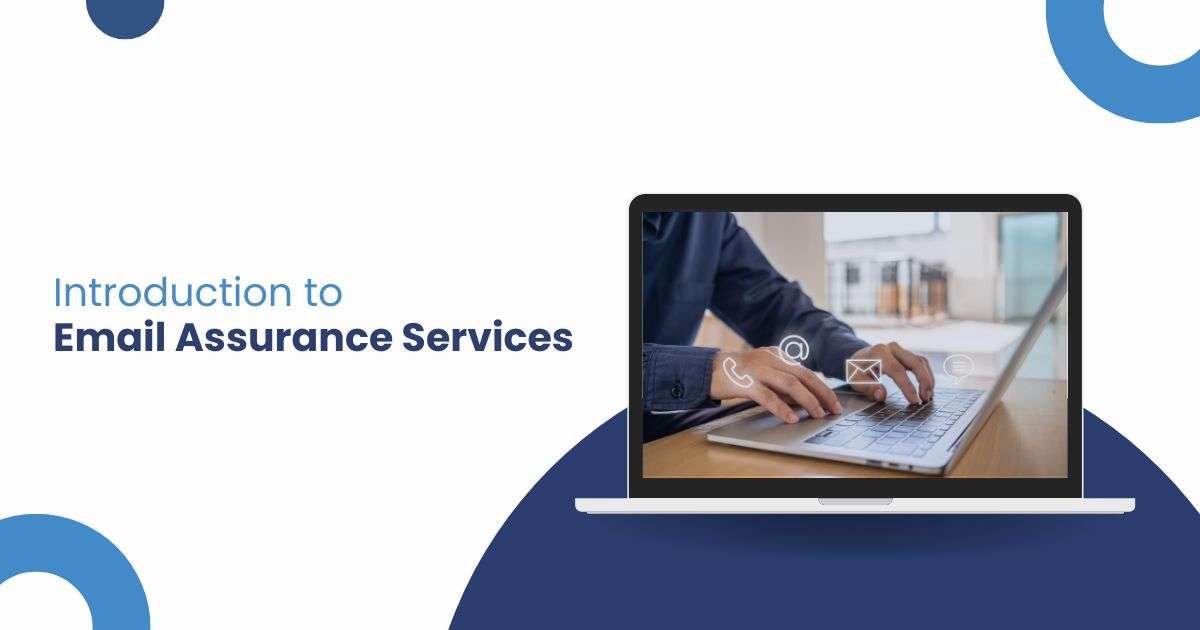
In today’s digital age, email remains one of the primaries means of communication for businesses and individuals alike. However, with its widespread use comes a significant risk of cyber threats, including phishing, malware, and data breaches. This is where Mail Assurance Services come into play. Mail assurance refers to...